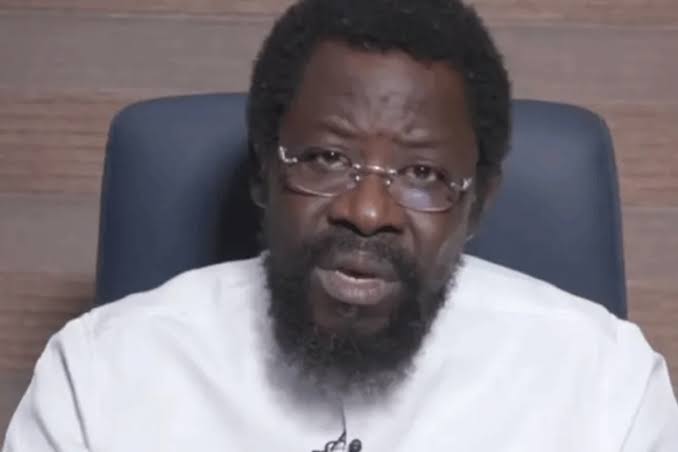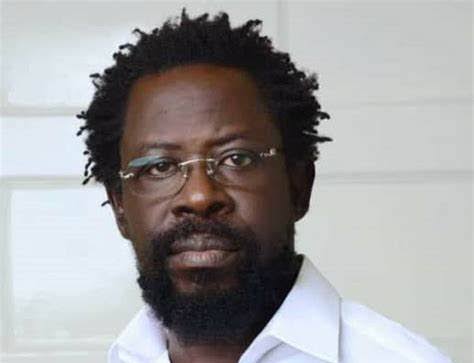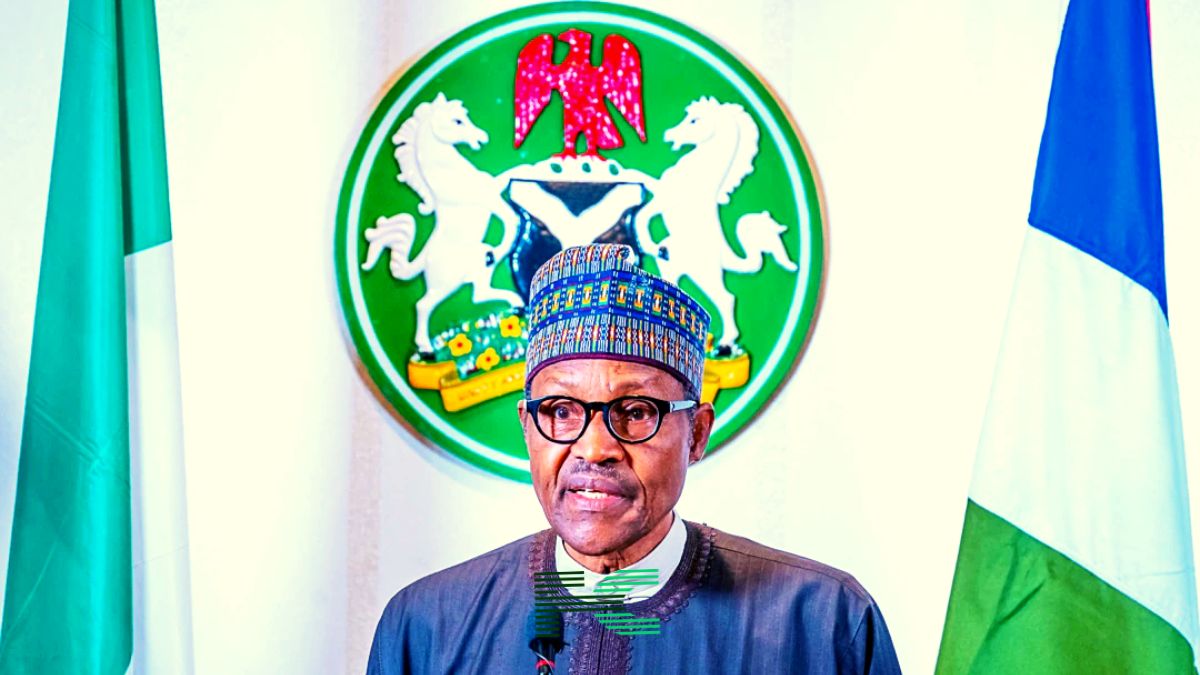The High Court of the Federal Capital Territory, Abuja, has just handed down an interim injunction that will make life a little more complicated for Lagos-based lawyer Dele Farotimi. This order prohibits him, whether acting on his own or through others, from publishing, selling, circulating, or distributing his controversial book, “Nigeria and Its Criminal Justice System,” in any form, physical, digital, or even on social media.
This decision came after a claim from Senior Advocate of Nigeria, Kehinde Ogunwumiju, who is representing the Afe Babalola law firm. The court, led by Justice Peter Kekemeke, agreed with the claimant’s argument and granted the injunction to temporarily halt any further distribution of the book. Not just Farotimi, but anyone connected to the book’s distribution, publishers, sellers, and bookshops—has also been barred from handling the book in any way. This includes major players like Dele Farotimi Publishers, Amazon Online Bookstore, and popular Nigerian bookstores like Jazzhole and Glendora.

The court has gone a step further by ordering the seizure of all copies of the book, wherever they are located. The Nigerian Police, the State Security Service, and other security agencies have been tasked with locating and confiscating every single copy, no matter where it might be, whether in bookstores or with online sellers. The security agencies are required to file an affidavit within 72 hours to show they’ve complied with the order.
And it’s not just Abuja where this battle is playing out. The Oyo State High Court has also granted an interim order against Farotimi, preventing him from printing the book in the state. Justice Mufutau Adegbola gave the green light for this injunction after Adebayo Adenipekun, another Senior Advocate of Nigeria, filed an exparte application. The case is now adjourned until January 2025 for a further ruling.
This case serves as a reminder that while freedom of speech is protected, there are limits, especially when the content in question challenges or criticizes established systems. It’s certainly a case to watch closely, with its potential to set important precedents for the balance between free speech and legal accountability in Nigeria.

















